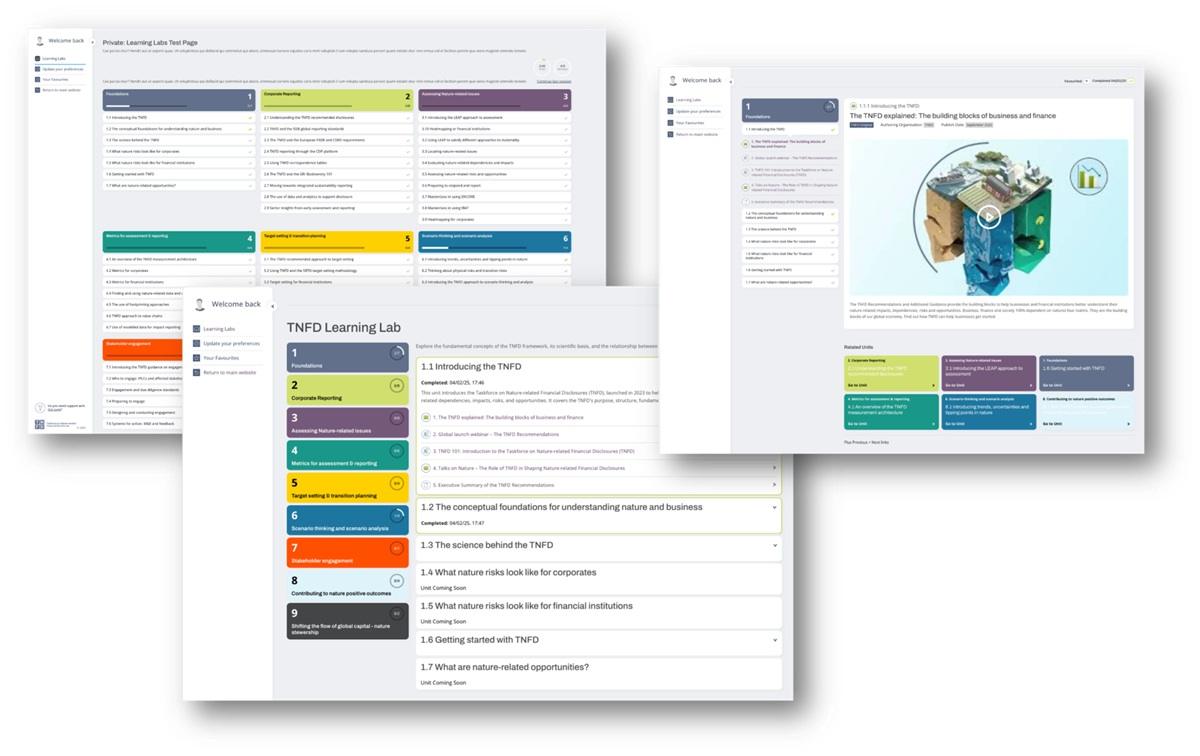85% of Companies to Stick with Climate Reporting Plans Even if Regulations Change: Workiva Survey
The vast majority of companies will move forward with their sustainability and climate reporting plans, even if regulatory requirements change, as executives see significant strategic value in sustainability data, and nearly all investors report being more likely to invest in companies that provide integrated sustainability and financial information, according to a new survey released by business data and reporting solutions provider Workiva.
For the report, Executive Benchmark on Integrated Reporting 2025, Workiva commissioned a survey of more than 1,600 C-suite executives and Vice Presidents at companies with more than $250 million in revenue across North America, South America, Europe, and Asia, as well as 222 institutional investors with more than $250 million in AUM.
The survey comes as the sustainability reporting landscape faces significant uncertainty, particularly in the U.S. following the election of Donald Trump, with the SEC recently indicating that it is reconsidering its climate disclosure rule for public companies, although a California law that will require large companies to report on greenhouse gas (GHG) emissions and climate risks is still moving forward, despite legal challenges. In Europe as well, the EU’s sustainability reporting regulations such as the CSRD and CSDDD may see significant changes in scope and timing, as part of the European Commission’s plan to simplify and reduce reporting burdens on companies.
Despite the shifting regulatory landscape, however, the report found that 85% of executives surveyed intend to move forward with their existing plans to disclose GHG emissions, regardless of political changes within their country. Similarly, more than three quarters (77%) of executives reported that their approach to sustainability reporting remains unchanged.
Even among companies already not subject to sustainability reporting regulations, 75% of executives at companies that do not need to comply with the EU’s CSRD reported that they intend to at least partially align their reporting with the directive. Similarly, despite uncertainty regarding the SEC’s climate reporting rule, 81% of executives plan to at least partially disclose Scope 1 and 2 emissions with some level of assurance, the survey found.
The commitment to continue with their disclosure plans comes as the vast majority of executives and investors report anticipating significant strategic benefits from sustainability reporting. Among executives, nearly all (97%) said that integrated sustainability and financial data helps to identify performance gaps that enhance financial growth opportunities. Similarly, 97% of executives surveyed agreed that a strong sustainability reporting program will give businesses a competitive advantage in the next two years.
Julie Iskow, CEO of Workiva, said:
“CEOs are making choices today that will shape their business for years to come. Assured financial and sustainability reporting is not simply a compliance play, it’s a strategic approach to mitigate risk, fuel performance, and strengthen investor confidence.”
The survey also found that investor interest in sustainability data has increased, with 96% of institutional investors agreeing that integrated sustainability and financial reporting enables better decision-making that can improve a company’s financial performance, up from 91% in the prior year’s survey.
Additionally, nearly all (97%) of investors said that they would be more likely to invest in companies with assured integrated reporting, up from 88% last year.
While companies and investors report seeing value in sustainability reporting however, the survey found that many companies continue to question in their own sustainability data capabilities, with 29% of executives reporting that they do not have full confidence in the accuracy of their sustainability reporting, and 35% lacking confidence in their internal controls over sustainability data. Moreover, 73% of executives said that their reporting technology is insufficient for complying with new climate regulations.
Tensie Whelan, Distinguished Professor of Practice for Business and Society and Founding Director of the NYU Stern Center for Sustainable Business, and Workiva Advisory Council member, said:
“Nearly a decade of my work with corporate leaders and investors shows that establishing a focus on material sustainability issues, with both an opportunity and a risk lens, meaningfully drives enterprise value. And good data is essential to making well-informed decisions about where and how to invest effectively. Investors, customers, and other stakeholders continue to demand increased transparency and accountability.”
Click here to access the survey.





